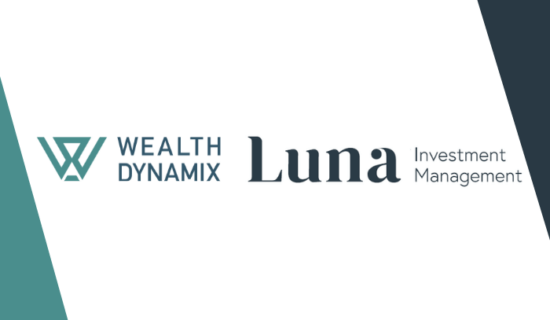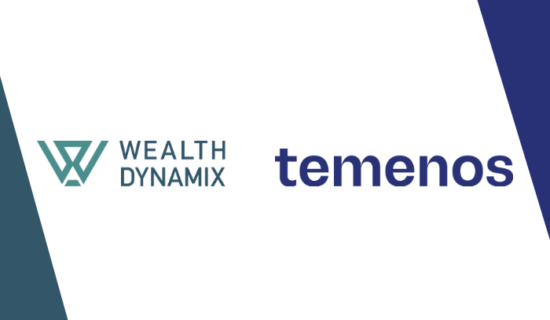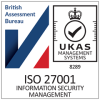Wealth Dynamix
Insights
Explore our latest Client Lifecycle Management news, insights and thought leadership
Browse by type
17 April 2024
Achieving profitability at scale: the potential for AI
We delve into the use of AI technology in wealth management. Far from belonging to a far-distant future, it is here and growing more intelligent by the day.
5 min. read
2 April 2024
Empowering client-facing relationship managers and advisors: Perspectives from Wealth Dynamix’s APAC head
Hubbis recently hosted a digital dialogue focusing on the application of the latest digital solutions for the Relationship Managers and advisory in the world of Asian wealth management, as technology revolutionises the offerings and efficiencies across the broad wealth management community in the region.
5 min. read
21 March 2024
Wealth Dynamix welcomes Luna Investment Management as a new client, empowering proactive Client Relationship Management and regulatory compliance
Wealth Dynamix, a leading provider of Client Lifecycle Management solutions for private banks and wealth managers, announced Luna Investment Management as a new client as part of our partnership with Third Financial.
3 min. read
19 March 2024
Navigating the challenges of scaling through technology
Avoid buyer’s remorse with an upfront analysis of the challenges of modernising your technology stack for greater scalability. Join us as we unpack the issues and give you some pointers.
5 min. read
15 March 2024
Scaling profitably – The wealth management technology blueprint
Profitable, sustainable growth can transform your wealth management firm. With the aid of our consultants’ insights, discover how to achieve it through technology that provides the right fit for your needs.
5 min. read
27 February 2024
How can wealth managers leverage data to drive relevance?
Throughout the client lifecycle, there is a wealth of data relationship managers can tap into to determine next best actions and build trust.
4 min. read
24 February 2024
The compliance advantages of hybrid servicing
There may be many ways in which a wealth management business ensures the digital functionality of its hybrid model is compliant. In this article, we will focus on three features that should be embedded in the hybrid model solution to ensure greater compliance with regulatory requirements.
3 min. read
1 February 2024
Wealth Dynamix now available on Temenos Exchange
Wealth Dynamix, a leading provider of Client Lifecycle Management solutions, today announced Wealth Dynamix is available on Temenos Exchange, the partner ecosystem of integrated fintech solutions.
3 min. read
17 January 2024
Re-imagining prospecting in wealth management: a necessity in today’s dynamic market
The traditional wealth management model is no longer sufficient for today's dynamic market. To thrive, firms must embrace prospecting by crafting a culture that prioritises client segmentation, prospect allocation, performance enhancement, junior banker empowerment, and personalised digital engagement.
3 min. read











